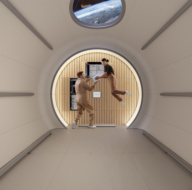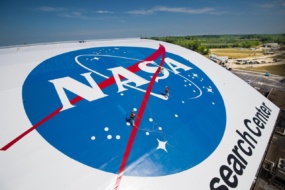NASA’s Office of Inspector General (OIG) released an audit of the agency’s Artemis management. Spoiler alert: not great, but not the biggest surprise.
The big picture: The Artemis program is over budget and behind schedule. NASA provided updated timelines last week, and now, OIG is moving the goalpost again. Due to numerous technical delays, Covid, and storm damage, OIG predicts that none of the three phases of the Artemis program will proceed as scheduled. OIG’s predicted timetables:
- Artemis I: from November 2021 to summer 2022
- Artemis II: from late 2023 to mid-2024
- Artemis III: from 2024 to “several years” later—2026 at the earliest.
Budget burden: The report assessed FY2012–FY2025 Artemis costs at a whopping $93B, $25B higher than NASA’s latest estimate, and pegs SLS/Orion price per launch at $4.1B.
- OIG’s culprits: Sole-source, cost-plus contracts, updating contractual terms on the fly, and expendable launch/spaceflight infrastructure.
Now what? OIG made nine recommendations to NASA management to address the lapses in communication on the program’s timeline and budget. NASA leadership agreed to five and partially accepted two. They rejected two outright:
- To develop an annual cost estimate for the entire Artemis program
- To keep track of the cost per mission and establish affordability benchmarks





